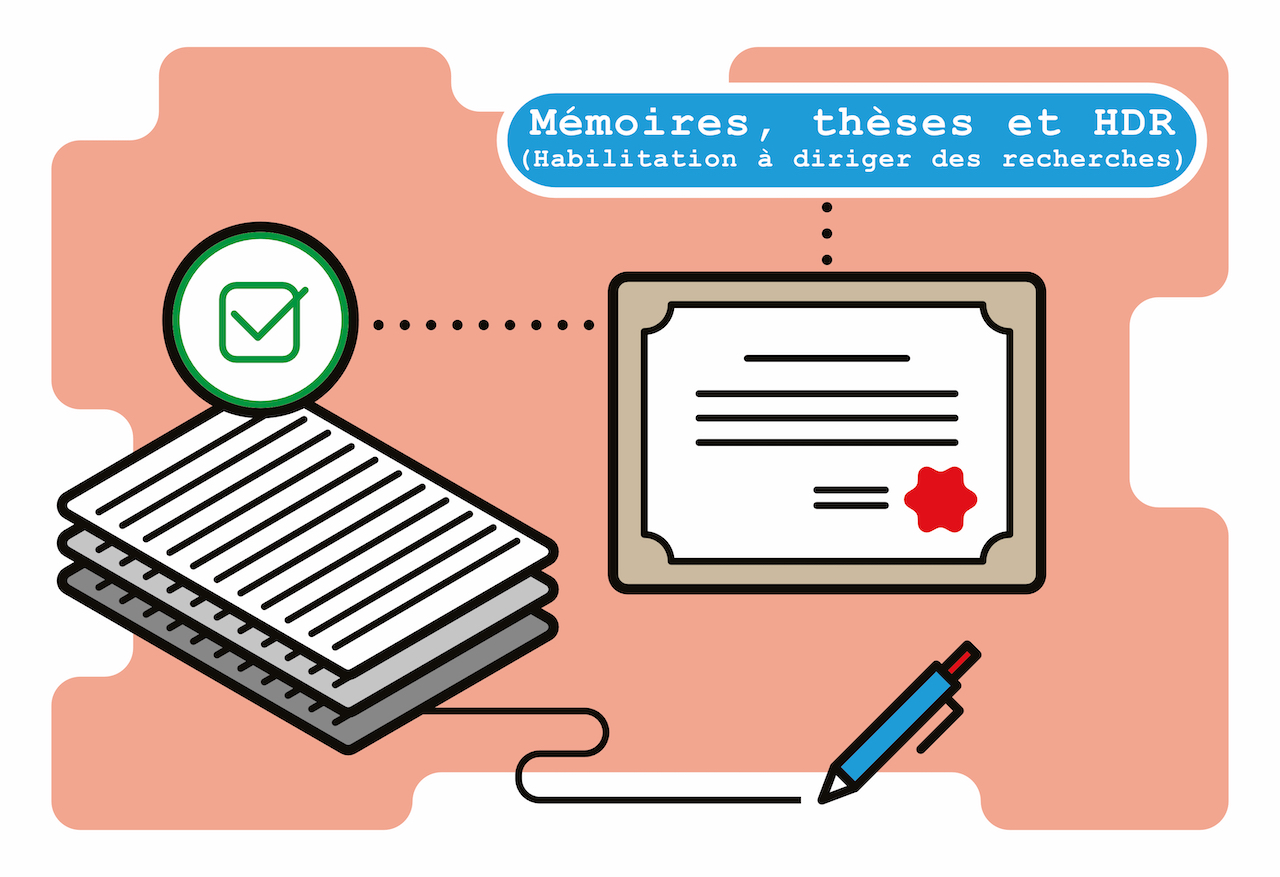Fiche du document
27 mars 2025
- ISIDORE Id: 10670/1.a74672...
All rights reserved , http://purl.org/NET/rdflicense/allrightsreserved
Mots-clés
definition of morality Durkheim moral ideal moral obligation moral order morality morality and capitalism morality and media morality and postsocialism morality and socialism morality and society morality and the state Russia social theory sociology of morality USSRSujets proches
Moral philosophy Science, Moral Morals Ethics, Primitive Philosophy, Moral Morality Deontology EthologyCiter ce document
Anna Smolentseva, « Conceptualising morality and moral order: moral transformations in Russia, 1976 to 2021 », Apollo - Entrepôt de l'université de Cambridge, ID : 10670/1.a74672...
Métriques
Partage / Export
Résumé
The study is driven by the research question: what are the moral transformations in Russia from the late Soviet period to the present? In order to answer that question, the study is organised around three themes and contributions. First, the thesis develops a conceptualisation of morality. It undertakes a novel approach to morality based on Durkheim’ theorisation of morality, developed in his later works but presented differently across various texts and not completed. It starts with the Durkheimian understanding of society as a sui generis reality which exists in the symbolic domain through collective representations. Morality is shaped by sacred moral ideals which are in that symbolic domain. For Durkheim, that is where ‘objective’, social, ‘impersonal’ morality exists. The study reconstitutes the Durkheimian theorisation of morality as a system of interrelated concepts: the unity of moral ideal and moral obligation, social attachment to the group, and individual autonomy. Adding to Durkheim, the thesis elaborates the concept of obligation into the subject of obligation, matter, addressee and mechanisms of obligation. Second, the study disentangles the complexity of the moral domain by the analytical distinction between the morality produced by society as Durkheimian sui generis reality, and the morality produced by social institutions (moral order). It enables us to recognise the role of the morality produced by society itself as the ethical dimension of social life; to analytically separate the morality of society from moralities produced from other sources, such as the state and the media (the moral order); to attend to the power of social institutions in moral regulation; and to relate the morality of society to the moral order produced by social institutions. The third theme and the third contribution of the study is a new understanding of the moral transformations which took place in Russia since the late Soviet period. That understanding was enabled by (a) the above Durkheimian conceptualisation of morality/moral order and (b) using the state and media documents as data sources. The study approaches moral transformations in Russia through the discourses constructed in the public space by the state and large-audience media. Both the state and the media contribute to the production of collective representations which exist externally to the individuals and contribute to the ‘objective’ being of morality. Employing reflexive thematic analysis, the study shows that the moral transformation in Russia can be seen as a change from a moral order based on ideals of collective co-living and socially oriented individual, to a moral order based on ideals of the strong Russian state and the economically self-interested individual. The study also identifies the morality of society, also in the symbolic domain of the collective representations created by the state and the media, as pertaining to the moral ideal of human fellowship and justice. The Durkheimian perspective enables the study to demonstrate the internal inconsistencies and limitations of each of the Soviet socialist and post-Soviet patriotic capitalist moral orders. The discrepancy between the morality of society and the moral order established by social institutions, revealed by the study, enables further interpretation and evaluation of the moral order. The study offers a clarification and elaboration of the conceptualisation of morality that could be applied in different social and historical settings. The empirical findings support the intrinsic consistency of the Durkheimian elements of morality/moral order. The study opens the way to further discussion and research in relation to morality, especially the role of moral ideals and the moral obligation, and the crucial functions of the state and the media in moral regulation.
